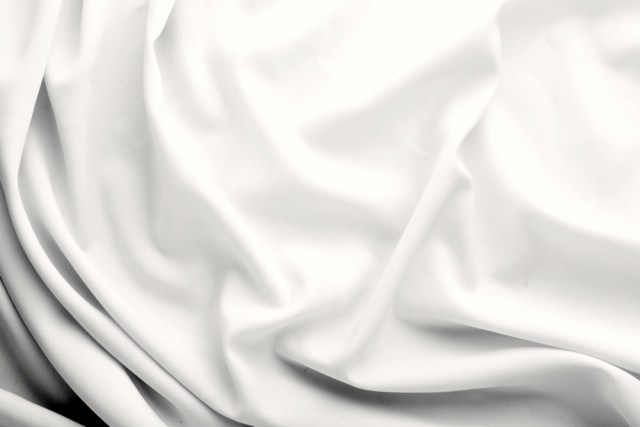
[About material religion and moral care and comfort, disruption and the loneliness of dying, about private decisions and discussions about public work, I’m posting this from a friend writing about her work at a Chevra Kadisha during the Coronavirus pandemic. She would like to remain anonymous]
Early on in this pandemic, I think it was two months ago, but it may as well have been fifty years ago, I wondered about how Covid-19 would change how we perform Taharot at our Chevre Kadisha. At the last Taharah I had done, when the pandemic was just a whisper, the funeral home offered us a new-to-us array of protective gear, including clear plastic face masks. We did the Taharah as we usually do: gloved, gowned, booted and with our hair covered with plastic bonnets but not wearing face masks.
The work that we do — washing and dressing a meta — is unlike most contemporary Jewish rituals. It is light on words and heavy on physical acts. A team of four to six of us are stationed closely around the body of someone’s mother or sister or daughter. We carefully clean the body, from the top of her head to her toes. We hand one another cloths for cleaning or we re-fill the pots of water for one another. We work as a team, two women at the body’s shoulders, two at the torso and two at the legs. Each pair stands a gurney’s width apart.
Turning the body from front to back is a team effort. The body is in every sense of the word a dead weight. We lean across the gurney to gently roll the body of our friend, or of our friend’s mother, so we can wash her back, dry her or dress her. Some of the tasks we do require us to move closely together so we can do our work with minimum discomfort to the meta.
So, when it became clear that Covid-19 had made its face known, I wrote to the leaders of our Chevre to find out how we should proceed. They had consulted with the Queens Chevre Kadisha, which provides guidance for us in issues both halachic and scientific, and they said that for the duration of the pandemic, there would be no Taharot. It was too dangerous for the Chevre members to be so close to one another for the two hours that it takes to perform a Taharah.
I am grateful not to be forced to put my life in danger. On the other hand, this is just one more indignity caused by Covid-19. Death is almost never the way it is portrayed in the movies. It is more often a long and difficult decline that unearths old complicated family dynamics. The very end of life is, frankly, often pretty terrifying to watch and seems equally terrifying for the person who is dying.
Everyone who dies, essentially dies alone. The people who are dying of Covid-19 are truly dying alone without family nearby, and often even without hospital staff nearby. Normally the work that a Chevre Kadisha does — carefully and gently washing and tending to the body of someone who was loved — offers a measure of comfort to the family. At least, despite a hard death, the mourners know that their mother, or sister, or friend, was cared for by loving hands before she was buried.
The inability to perform Taharah is just one more loss that Covid-19 has brought upon us.
I suspect actually that such decisions not to do Taharah may have taken place in the past but not openly discussed. Yes it is pikuach nefesh not to do it now but it also feels kind of shameful to not do the mitzvah.. it is harder to make those sorts of decisions in a private way these days. There are decisions made in the Taharah room that just are not spoken about to people who aren’t part of the Chevre.
There have been times in the past in our chevre where a situation was deemed beyond our skills as volunteers. I wasn’t in those rooms…but it was discussed among us.
